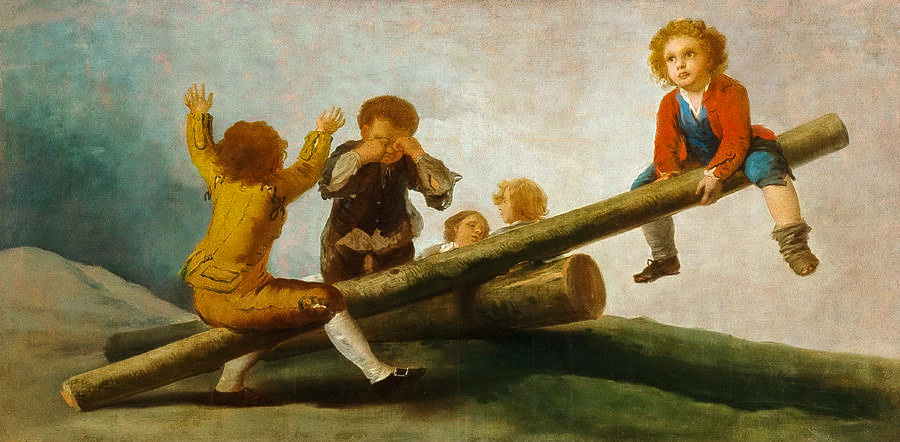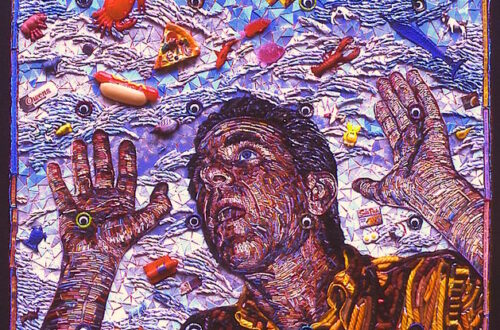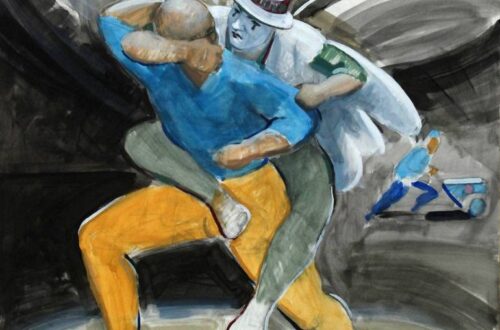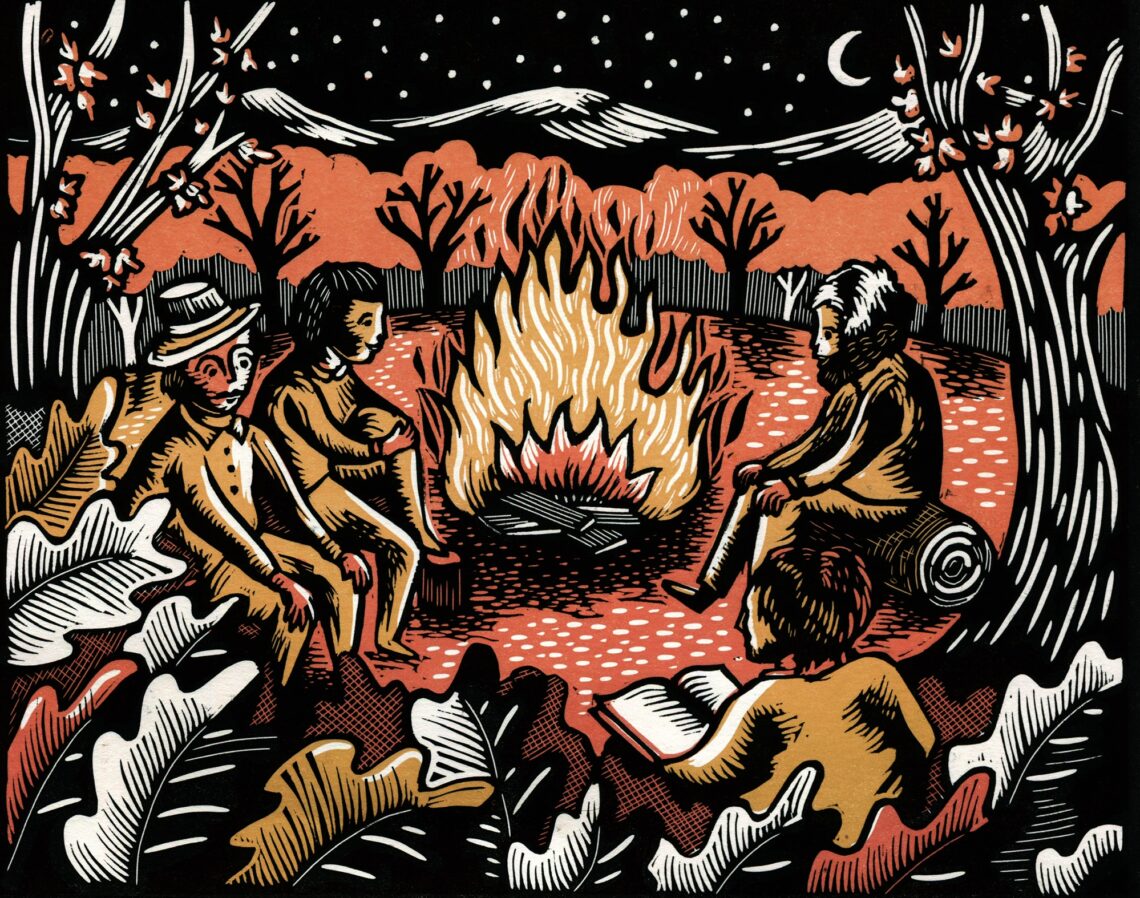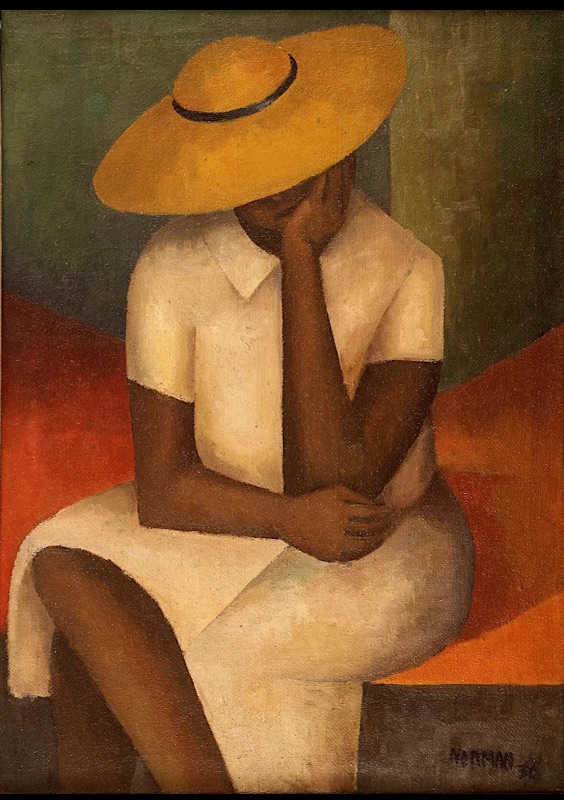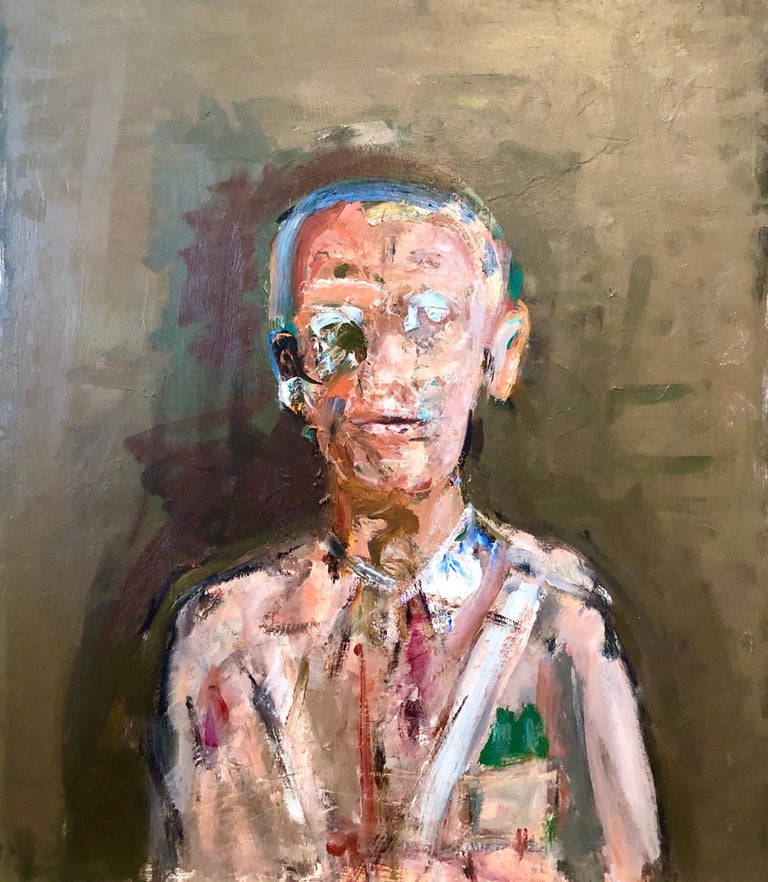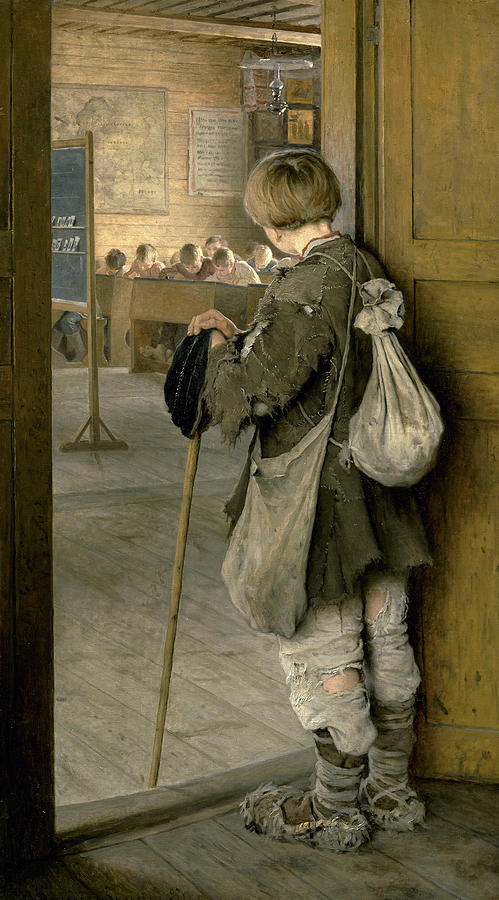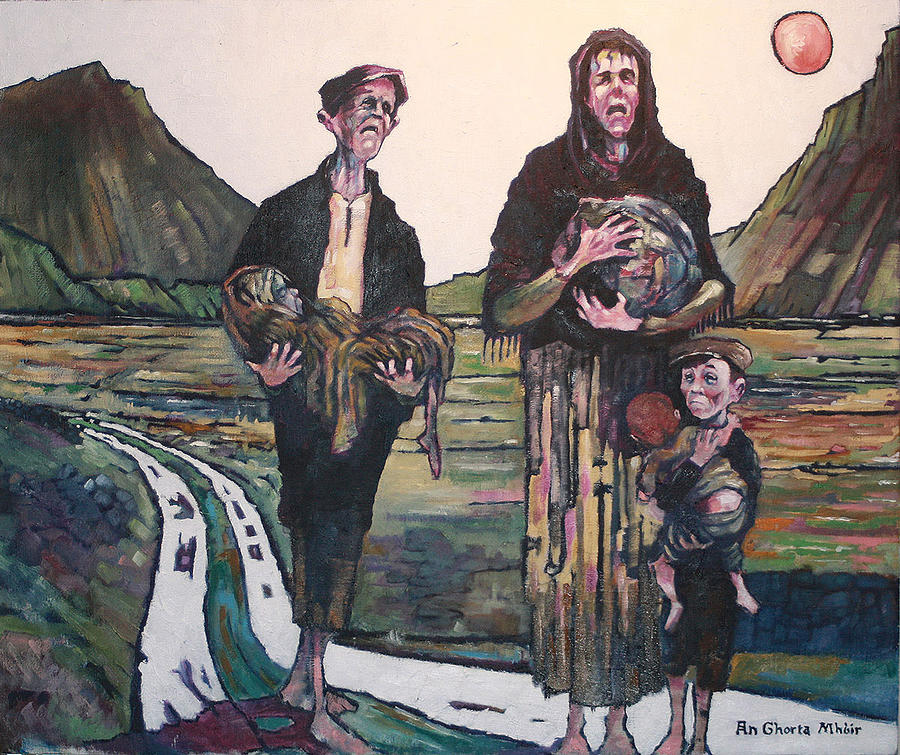-
The True Test
Imagine a see-saw with two children on either end. If equally matched everything goes smoothly. However, if one is bigger than the other it is hard work to keep the rhythm of back and forth. There is always an imbalance between them. In a 1924 article in the Atlantic Monthly, Lord Moulton wrote about the see-saw effect in the norms of a society. He titled it “Obedience to the Unenforceable.” Just like our see-saw there are two opposite forces acting on a society. One is complete Law where our every action is prescribed by binding rules which must be obeyed. On the opposite end is the force of total Free…
-
The Ten Plagues
1. Moses had a number of serious challenges as a leader from the very beginning. a. He didn’t want to do it. “O, Lord, please send someone else to do it.” b. He didn’t have the talent or gifting he thought necessary. “I have never been eloquent, neither in the past nor since you have spoken to your servant. I am slow of speech and tongue. Since I speak with faltering lips, why would Pharaoh listen to me?” c. He had no credibility with the people. He was not one of them. He was privileged and they were slaves. He had escaped the consequences for what he had done and…
-
Consider The Years
A column by David Brooks, “The Life Reports,” included this line: “Resilience is a major theme…I don’t think we remind young people enough that life is hard.” The purpose of the column was to report on the thousands of responses he had received to his request for readers over 70 to send him “Life Reports” or little essays in which they evaluate their own lives. In reading them he discovered how many of them had difficult lives and one of his conclusions was the above quote. Our young people need to be reminded more than they are about the inevitable difficulties of life for which they may not be prepared. …
-
The Birth of Moses
1. I love this story. When I say “story” I don’t mean to say it is fiction. No, it simply means it is the truth written in a particular form that makes it even more memorable for us. We all love the story form. It gets beneath our radar. Neuroscientists even say that our brain is wired to respond to stories because they have a pattern that is easy to grasp. And when stories are turned into songs they are even more permanently wired into our brains. Think about “Joshua Fit The Battle of Jericho” or “Go Down Moses” or “It Came Upon The Midnight Clear” People who have…
-
Silence
“By then day had broken everywhere, but here it was still night – no, more than night.” Pliny theYounger Years ago, while serving as a counselor at youth crusades, we were trained to hand each person making a decision for Christ a pocket version of the Gospel of John. Why? Because our leaders thought it captured the love of God better than any of the other Gospels. The stories of the Samaritan woman at the well, Nicodemus, the blind beggar healed, the feeding of the five thousand, and the raising of Lazarus – as well as what may be the most famous verse in the Bible – were…
-
Jacob Wrestles With God
A few years ago a very valuable missing painting was found. It had been used by the unknowing owner for wrapping fish. That’s how I feel about this story in a way. Why would such an extraordinary and pivotal account in the history of God and man be used to explain why Jews do not eat the tendon attached to the socket of the hip? It makes me wonder how many other stories are being used to wrap fish and when we unroll them we are surprised and delighted at the irony of God to take something so precious and use it for such a common purpose. The beginning of…
-
To Be Known
Everyone likes a mystery, especially one about the rich. My interest was piqued while reading an article by Drew Lindsay in the “Chronicle of Philanthropy.” The article’s subject is David Gundlach, the enigmatic donor who left close to $150 million to his hometown’s community foundation in Elkhart, Indiana. I began to read articles about his life – what little was known about it. In fact, it is less of a true mystery than it is a story of an unfinished quest in the life of a boy from a small town becoming rich after the sale of his company. This line from F. Scott Fitzgerald’s “The Great Gatsby” reminds me…
-
At The Door
The earliest Church faced opposition from hundreds of other cults and religions. But some of the stiffest competition came from within the groups of believers themselves. You may remember Paul’s first visit to Ephesus where he discovered many were followers of the baptism of John but had heard nothing about the Holy Spirit. Paul didn’t criticize or make them feel less than Christian. He simply took them from where they were to the next step. It is too easy to fall into the habit of discounting efforts for leading people to Christ if what they encounter first seems incomplete or superficial. I know that is the way I have…
-
The Great Hunger
In the years between 1845 -1849, Ireland suffered one of the most destructive famines in history. Known as The Great Hunger, over 1 million people died by mass starvation and another million or more emigrated (and often perished) in “coffin ships” to other countries. Ireland lost almost 25 percent of its population and even now has never fully recovered. Every area – economic, demographic, political and religious – was affected by the famine. Like those experiencing famines in the Old Testament, the axis of their lives was violently tilted and they did whatever was needed to survive. In the book of Amos, the prophet is told Israel will suffer a…
-
A Second Voyage
My father had the best definition of leadership I know: “Look back and if there are people following you then you are a leader.” All of us have known people who are leaders without having read a book or taken a course in leadership. People follow them when they say they are going somewhere. In spite of fears and hesitations they get up from what they are doing and go. Some people are born with the ability to say, “Let’s go, guys” and people fall in. The word for that in Greek is dierchomai and it describes the way Jesus led the disciples much of the time. Just when they…
